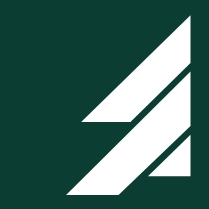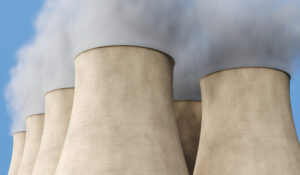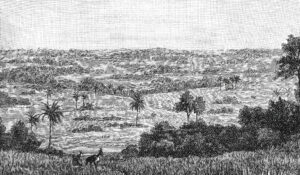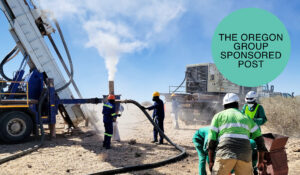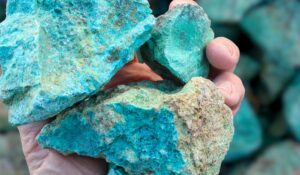Chinese metals giant Tsingshan has kicked off commercial production of nickel matte in Indonesia. It marks the start of full-scale output at the company’s industrial park in Indonesia and is a sign that China is making good on its intention to retain leadership in the nickel sector.
As I covered in detail earlier this year in a feature piece in The Northern Miner, Tsingshan sent shockwaves through the London Metal Exchange (LME) when it revealed plans to mass-produce nickel matte, which is actually a midstream product that can be refined into the battery-grade nickel used in EVs—and sell it to major Chinese battery materials players like Huayou Cobalt and CNGR Advanced Material.
Tsingshan isn’t new to this game. It had already trialed nickel matte production back in 2020. But this week’s move into commercial output means the plan is no longer theoretical—it’s happening.
Here’s why it matters: traditionally, battery-grade nickel is produced via the high-pressure acid leach (HPAL) process, which is complex, expensive, and environmentally fraught. Tsingshan’s approach—converting nickel pig iron (NPI), a material typically used for stainless steel, into matte and then into nickel sulphate—offers a cheaper and faster workaround.
As reported in mining.com, the company has already committed to selling 60,000 tonnes of nickel matte to Huayou and another 40,000 tonnes to CNGR within a year of launch. And it’s not alone in this push. Over the past two weeks, two other Chinese firms have unveiled their own plans to produce 40,000 tonnes of nickel matte annually in Indonesia, signaling a broader race among Chinese players to dominate the EV materials supply chain from the ground up.
Indonesia has a lot of rich nickel reserves and a rapidly growing battery ecosystem. China continues to be astute in its investments there and will continue to impact the nickel sector for years to come.
Anthony Milewski
Chairman, Nickel 28 Capital

